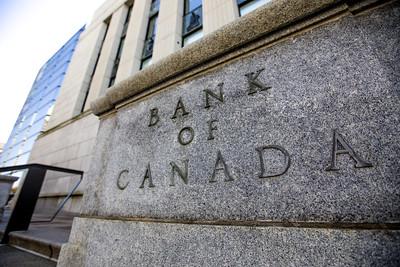If you’re trying to decide between a fixed-rate and variable-rate mortgage, the current Bank of Canada prime rate is one of the most important things you need to think about.
Right now, the prime rate is the lowest it’s been in over a decade. This means there has never been a better time to apply for a mortgage.
What is the prime rate and what does it mean for someone applying for a fixed-rate or variable-rate mortgage?
The prime rate is the annual interest rate that banks charge their most reliable borrowers on loans such as mortgages.
The big five Canadian banks (Scotia Bank, TD, CIBC, RBC, and BMO) usually all offer the same prime rate. This goes up or down depending on interest rates set by the Bank of Canada.
Generally, when the economy is strong, the Bank of Canada will increase the interest rate at which banks and other large financial institutions borrow from one another. Banks then pass this increase on to their customers by increasing the prime rate. When the economy is weaker, the Bank of Canada lowers interest rates to ensure that Canadians have access to affordable credit.
Changes to the prime rate affect variable-rate and fixed-rate mortgages in different ways. Variable-rate mortgages are directly tied to the prime rate, so the amount of interest that you pay on this kind of mortgage goes up and down as the prime rate fluctuates.

Image provided by The Bank of Canada
In Canada, the prime rate is currently at a historic low of 2.45% and has been since March 2020 due to no change in the policy interest rate (Image Above). This means that anyone with a variable-rate mortgage is paying less interest than they were before the COVID-19 pandemic began.
As the Canadian economy improves, it’s likely that at some point, the prime rate will once again go up. When that happens, Canadians with variable-rate mortgages will pay more interest than they are right now.
Until then, anyone with a prime variable-rate mortgage can make their money go further by putting more of each payment toward paying down their principal.
Canadians with existing fixed-rate mortgages aren’t directly affected when the prime rate goes up or down, because their interest rate remains the same throughout the term of their mortgage. The prime rate does affect anyone applying for a new fixed-rate mortgage, however, as their interest rate will be determined in part by the current prime rate.
Subprime-rate mortgages are generally offered to borrowers whose credit scores are below average or who don’t have a credit history. As with prime-rate mortgages, the interest rate on variable-rate subprime mortgages goes up and down as the prime rate fluctuates. It’s always higher than the prime rate, but borrowers with subprime mortgages can still take advantage of low prime rates, so it’s important to factor it in when making decisions about subprime mortgages as well.
If you’re applying for a mortgage, complete our quick online application for a pre-approval or talk to one of our brokers. We can help you make the most of the current prime rate and choose the right mortgage for you.

